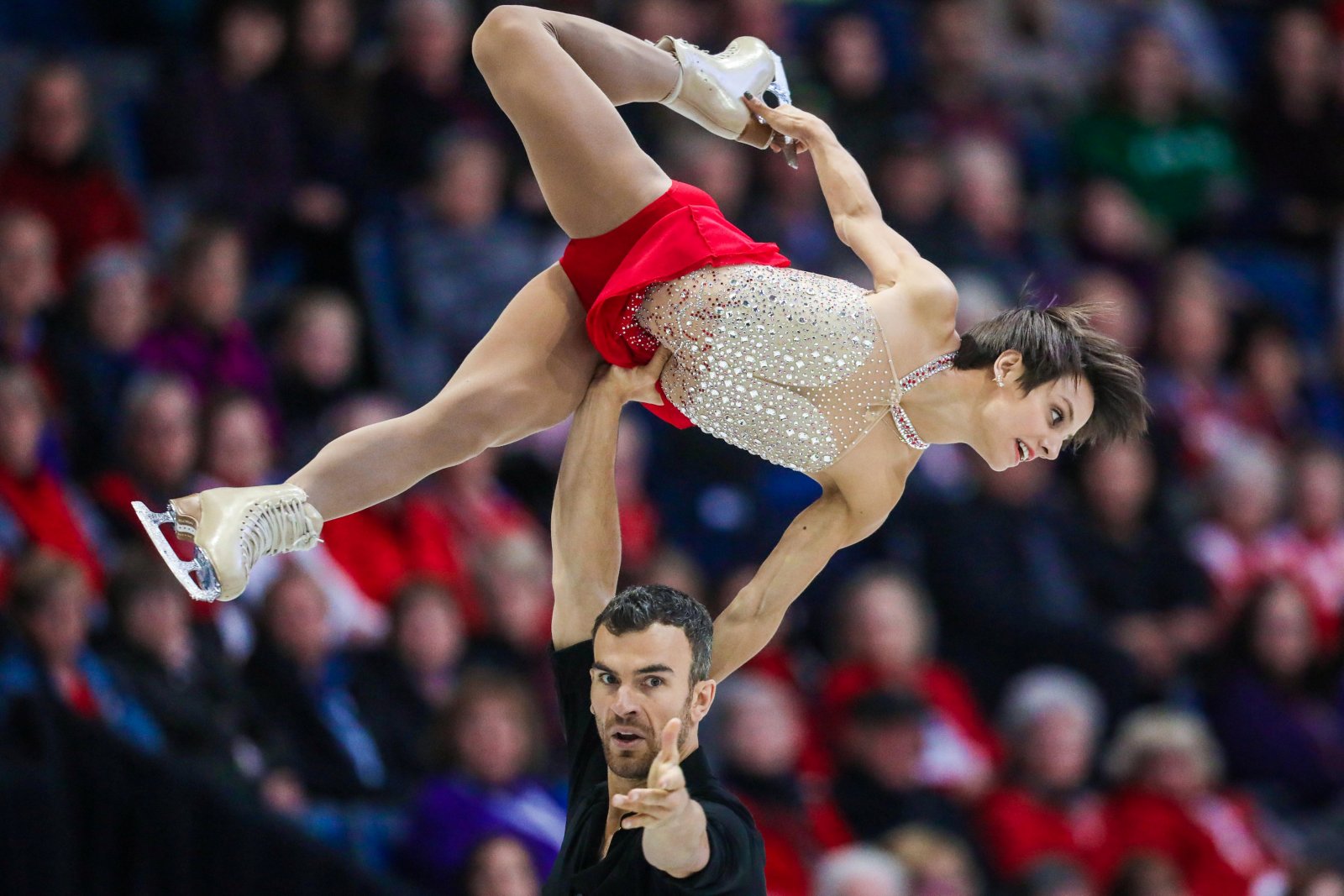The big OTT trends are just the tip of the iceberg – the rest is more important
If you think that the live-streaming debate is just about whether or not Amazon and Facebook are about to buy up rights to the Premier League or NFL, then think again. That’s the tip of the iceberg, but it’s certainly not the whole story.
We may be just weeks ahead of the Winter Olympic Games in PyeongChang next month, but the regular winter sports calendar is still in full swing, and this week the Canadian National Figure Skating Championships are taking place – parts of which will be live-streamed for free on the Skate Canada website.
Outside of the country and, probably, beyond the niche population of hardcore figure skating fans, that might not raise too many eyebrows, though with the Olympic Games coming up there may be some who want to brush up on their knowledge of the event and the potential Canadian competitors for next month’s event in South Korea. So that, in itself, might not make it news-worthy in the UK. But the fact that it’s to be live-streamed all around the world for free by the governing body is certainly worthy of some interest. In fact, it’s indicative of a very important trend.
Over the last few months, we’ve seen live-streaming become a very lively topic of discussion. From Amazon and Twitter having both streamed NFL Thursday night matches with some success, to Facebook’s new Watch tab which has been rolled out in the US, and even the upcoming Premier League media rights bidding process, those platforms offering a pure live-streaming alternative to linear TV are beginning to gain some serious traction.
But there’s another reason that live-streaming is important, and it’s not the big ticket items. The NFL and the Premier League are leagues which will be watched anyway, no matter where they are. But for other sports which don’t have the same mass appeal, live-streaming is a window into a new world. The ability for an event like figure skating’s Canadian Nationals to be beamed all over the world gives an opportunity for every sport which isn’t the subject of intense bidding processes carried out by several different parties to get eyeballs on their product by putting it out there themselves. That’s arguably the most important role that live-streaming will play over the next few years.
Of course, this is hardly new, and there are countless examples of this approach. So much so that it’s starting to become banal. From the Homeless World Cup in football to the European netball championships, there are plenty of sports which don’t always get live coverage turning to simply putting it out there themselves, and even though as a news story this wouldn’t move the needle in the UK, it’s just further evidence that literally every sport is using live-streaming to boost their profile across the world. And with some publishers on Facebook providing reach to millions of people, there’s an opportunity for even greater exposure.
And so as 2018 begins, it looks like this is one prediction that won’t be misplaced: that live-streaming is only going to grow more and more this year, and that it’s a particularly interesting opportunity for sports with less mass appeal than the biggest names.
About author
You might also like
The seven essentials for achieving successful sports branding
By Daniela McVicker When it comes to sports, great branding is a must. Your brand influences how people see your company or team. It helps you to forge connections with
Live Chat: A New Social Experience in Sports
Article written by John S. Kim, CEO and co-founder of global API company SendBird Social media rose to prominence throughout the world due to its potential for connection. Social channels provided the
Snack Media’s Football Content Campaign’s Review: February
By Mike Constanti This series, in partnership with Snack Media, will look at the best football campaigns from advertising to social media on a monthly basis, as Digital Sport evaluates how








